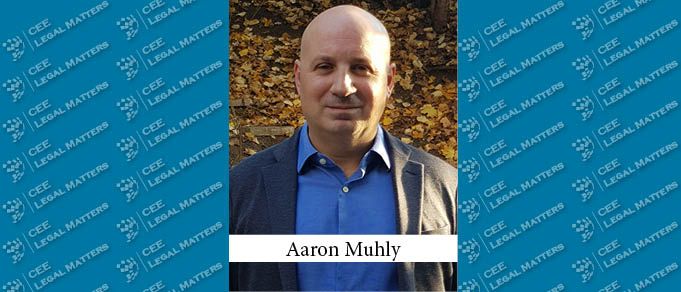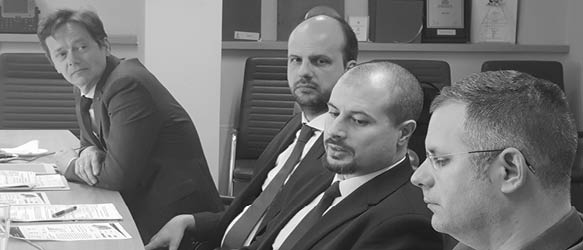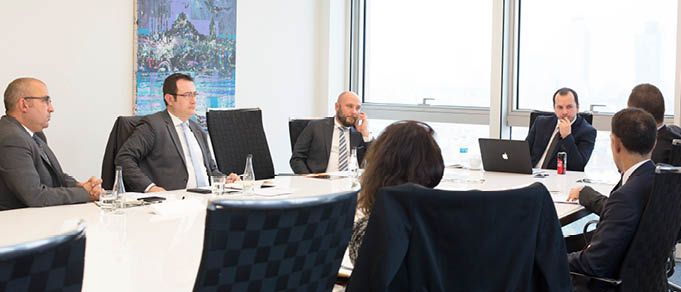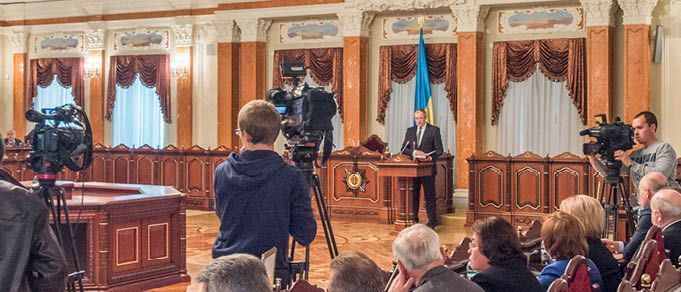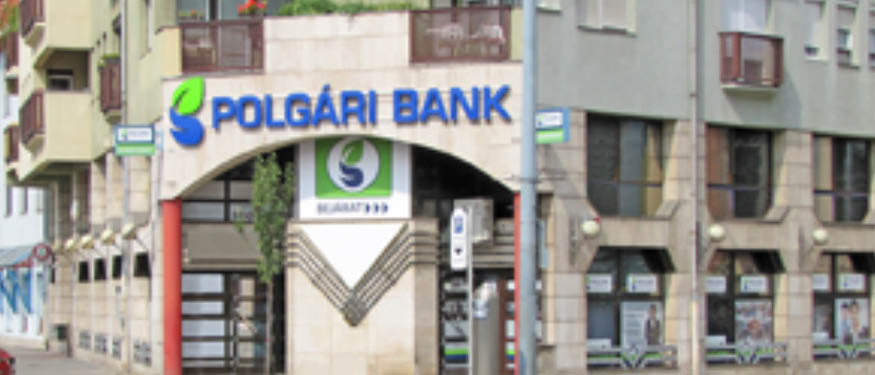After billing 500 hours for the past month, you finally found some quality time to write an article for your loving clients. After you send it out, you watch your phone with bated breath, anticipating that avalanche of new business that’s just about to pour in. Then, nothing.
The Confident Counsel: Online Presenting – Connecting During Covid-19
Once upon a time, you were a pretty good speaker, dominating the law conference circuit. Now, you find yourself holding webinars in your pajamas. Things got weird, fast.
Contract Drafting: Business-Based Pitching
Everyone knows that law firm pitches are terrible, and nobody is happy about it – not the lawyers, not the marketing/BD teams, and definitely not the clients.
Tapping Capital: Sources of and Problems with Financing in the Hungarian Market
The Hungarian financial market finished 2019 in a strong position. Intrigued by what many have described as a “special” year, CEE Legal Matters sat down with several of the nation’s leading Banking/Finance lawyers at Lakatos, Koves & Partners’ offices in Budapest to learn more.
Contract Drafting: A Stylistic Comedy
When drafting an obligation in a contract, which of the following is the preferred format of your office?:
The Confident Counsel: The Secret to Killer Presentations
It’s your time to shine. You have been chosen to present at your favorite legal conference.
The Confident Counsel: Escape from Reverse - Delegation Land
In our new The Confident Counsel feature, prominent CEE law firm consultant Aaron Muhly will share his thoughts and suggestions on ways lawyers in the region can communicate more effectively, and more profitably, to clients, colleagues, and peers.
A Market Coming Together: A Ukrainian Round Table
If one is an example, two is a coincidence, and three is a trend, the three major law firm mergers in Ukraine this past summer demand closer scrutiny.
On July 9, 2018, the CEE Legal Matters website reported the merger of the Avellum and A.G.A. Partners law firms in Ukraine. A month later, the website reported on a second merger, this time between Asters and EPAP, the Ukrainian office of Russia’s Egorov Puginsky Afanasiev & Partners. And in September the website reported on yet another merger, between Integrites and Pravochyn. To explore these significant changes in the market, on October 26, 2018, CEE Legal Matters sat down with a collection of prominent Ukrainian lawyers — including several from firms directly involved in the summer’s mergers — at the Kyiv office of DLA Piper.
Smoothing the Silk Road: A China-CEE Round Table
Chinese investors and developers are expanding their footprints in Europe, focusing often on green technology and opportunities in the solar, hi-tech, and automation industries, as well as highly-publicized infrastructure development tenders. Over the years, the amount of Chinese investment has increased, as has the number of Chinese professionals settling in CEE to facilitate Europe-China relations and bridge differences in culture, expectations, and styles. In September, 2018, CEE Legal Matters sat down at the Dentons office in Budapest with three Chinese lawyers to learn about their experiences working on the ground in CEE.
Serving the Start-Ups: A Czech and Slovak Round Table
Start-Ups represent a unique subset of clients for major law firms, as they are often unable to pay the fees those firms generally require, but – particularly in the tech sector – hold out the potential of significant profitability down the road. Intrigued by the unique challenges and opportunities for law firms offering their services to these cash-poor but potential-high clients, we invited partners from four prominent law firms in the Czech Republic and Slovakia to share their strategies and experiences with Start-ups with us in the offices of Kocian Solc Balastik in Prague. KSB Partner Christian Blatchford moderated the conversation.
Developments in Development: A Hungarian Round Table
The Hungarian real estate and housing market is experiencing golden days. Although the market took a serious hit during the financial crisis in 2008, today enormous sums are again being invested in office buildings, shopping malls, hotels, residential areas, and retail. In order to map the underlying reasons behind the market’s boom, and to better understand how the country is dealing with the high demand for development lands and properties, CEE Legal Matters sat down with six Hungarian lawyers specialized in Real Estate & Construction and a Legal Counsel from Prologis, a Real Estate & Supply Chain Logistics company.
An Ever-Changing Market: A Turkish Round Table
On November 9, 2017, the editors of CEE Legal Matters sat down with a cross-section of experts from leading law firms and prominent in-house legal departments in Turkey to learn about the current state of affairs in that ever-changing market.
Ukrainian Round Table: Judicial Reform in Ukraine
On August 17, a gathering of Dispute Resolution experts from many of the leading domestic and international law firms in Ukraine gathered in Baker McKenzie’s Kyiv offices for a Round Table conversation.
A Baltic Round Table
On July 18, 2017, an elite selection of Baltic legal experts from both the private practice and in-house worlds gathered at Cobalt’s Riga office for an in-depth discussion about the Baltic legal markets.

